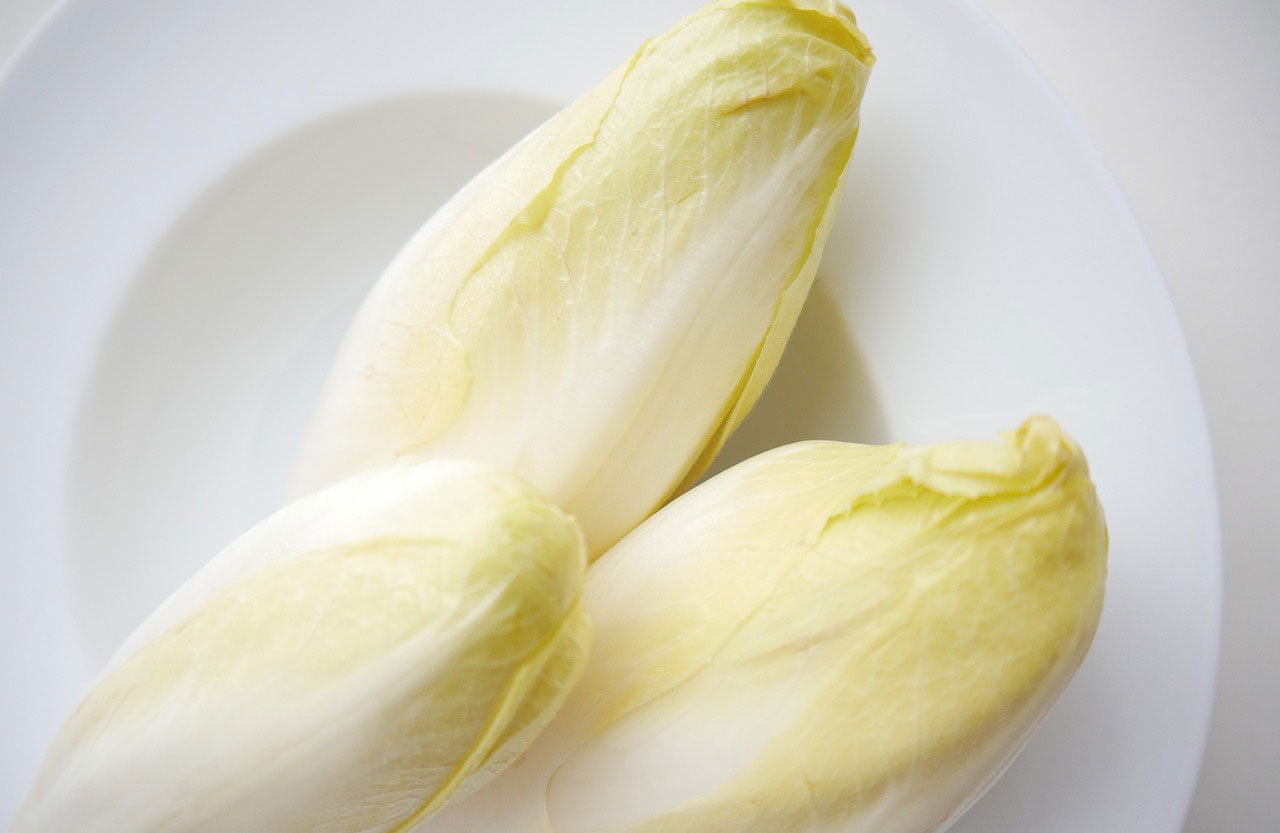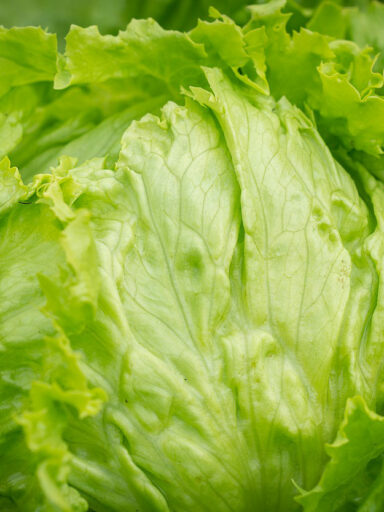Common chicory is significant in the culinary world. It is a woody, perennial herbaceous plant of the dandelion family Asteraceae. It is also grown as a forage crop for livestock.
Chicory is native to Europe but is also common in North America, China, and Australia. Chicory is also the common name in the United States for curly endive usually causing confusion between these two closely related species. Other common names include radicchio, radichetta, Belgian endive, French endive, red endive, sugarloaf, and witloof (or witlof).
Chicory Culinary Uses
The leaves and roots should be washed thoroughly under cold running water to remove dirt, soil, bug residue, pesticides, and herbicides.
The leaves can be chopped and added to dishes or eaten cooked based on the respective recipe.
Root chicory is commonly grilled, roasted, baked, and ground, and used as a coffee substitute and food additive, while the leaves are also used as salad leaves.
In food manufacturing, inulin, an extract from chicory root, is used as a sweetener and source of dietary fiber.
Some beer brewers use roasted chicory to add flavor to stouts commonly expected to have a coffee-like flavor. The roots can also be cooked and eaten like parsnips.
Nutritional Benefits
Chicory is a healthy root vegetable that comes with just 23 calories per 100 grams. It is a good source of vitamins and minerals and contains no cholesterol or saturated fats.
It is a very rich source of vitamin K. it is also a very rich source of vitamin A, beta-carotene, pantothenic acid (B5), folates (B9), vitamin C, and vitamin E.
It is also a good source of thiamine (B1), riboflavin (B2), niacin (B3), and vitamin B6.
In terms of minerals, it is a rich source of calcium and manganese. It is also rich in iron, magnesium, phosphorus, potassium, sodium, and zinc.



